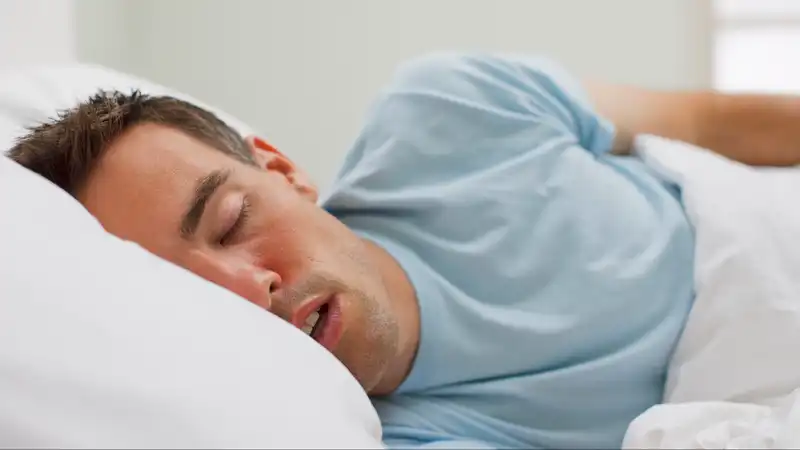Amazon, a major global retailer, has filed a patent application for a smart pillow designed to treat obstructive sleep apnea, a sleep disorder that affects an estimated 936 million people worldwide.
Amazon describes it as an automated sleep assistant that promises to reduce snoring, one of the main symptoms of sleep apnea, by moving the sleeper's head position during sleep to open congested airways.
Although a release date and price have not yet been announced, and the U.S. Food and Drug Administration (FDA) has not yet approved the device for sleep apnea detection, the inventors at Amazon Technologies are confident that the device can help people with sleep apnea.
According to the technology giants, existing solutions to obstructive sleep apnea, such as continuous positive airway pressure (CPAP) machines, oral appliances like mouth guards, and cervical implants, are expensive, invasive, and inconvenient. So they took action and transformed a humble pillow into a smart, snore-detecting and snore-reducing device.
From the outside, the Amazon Smart Pillow will look like any other top-class pillow on the market. Inside, however, it is packed with machine-learning models that detect snoring and other sound patterns.
It then determines whether it is due to airway obstruction or other conditions such as sinus narrowing. The appropriate response is then initiated.
One of the main symptoms of sleep apnea is snoring, which is caused by the narrowing or blockage of the airway due to the sleep disorder, which results in vibrations in the throat tissue due to air pressure.
According to patent documents, a new automatic sleep aid pillow can detect snoring. The pillow is attached to a base unit, which automatically inflates certain air bladders in the pillow as needed, manipulating the position of the user's head to open the airway and improve breathing patterns.
The pillow comes with a separate audio input device that captures the sounds the user makes while sleeping. Motion data is also collected from the pillow's sensors and analyzed to identify movements associated with sleep disturbances.
No release date has been announced yet, but Amazon Technologies filed a patent in October of this year.
There are many ways to reduce snoring, from anti-snoring devices and improved daytime habits to investing in a mattress with optimal sleeping posture. Many anti-snoring pillows are made of polyurethane, a component of memory foam. This is strong enough to hold you in place and support your neck for comfort.
Some of these pillows are designed to make sleep more comfortable with CPAP machines, a common sleep apnea treatment. Others are designed to keep your head in a specific position that helps clear your airway and reduce snoring.
While not guaranteed to work for everyone, many people say that standard anti-snoring pillows are effective. They are particularly effective for mild to moderate snorers caused by poor airway alignment and sleep position.
However, they may not be as effective for severe snoring or sleep apnea. Hence, Amazon's sleep apnea-specific Smart Pillow is good news for those with sleep disorders.










Comments